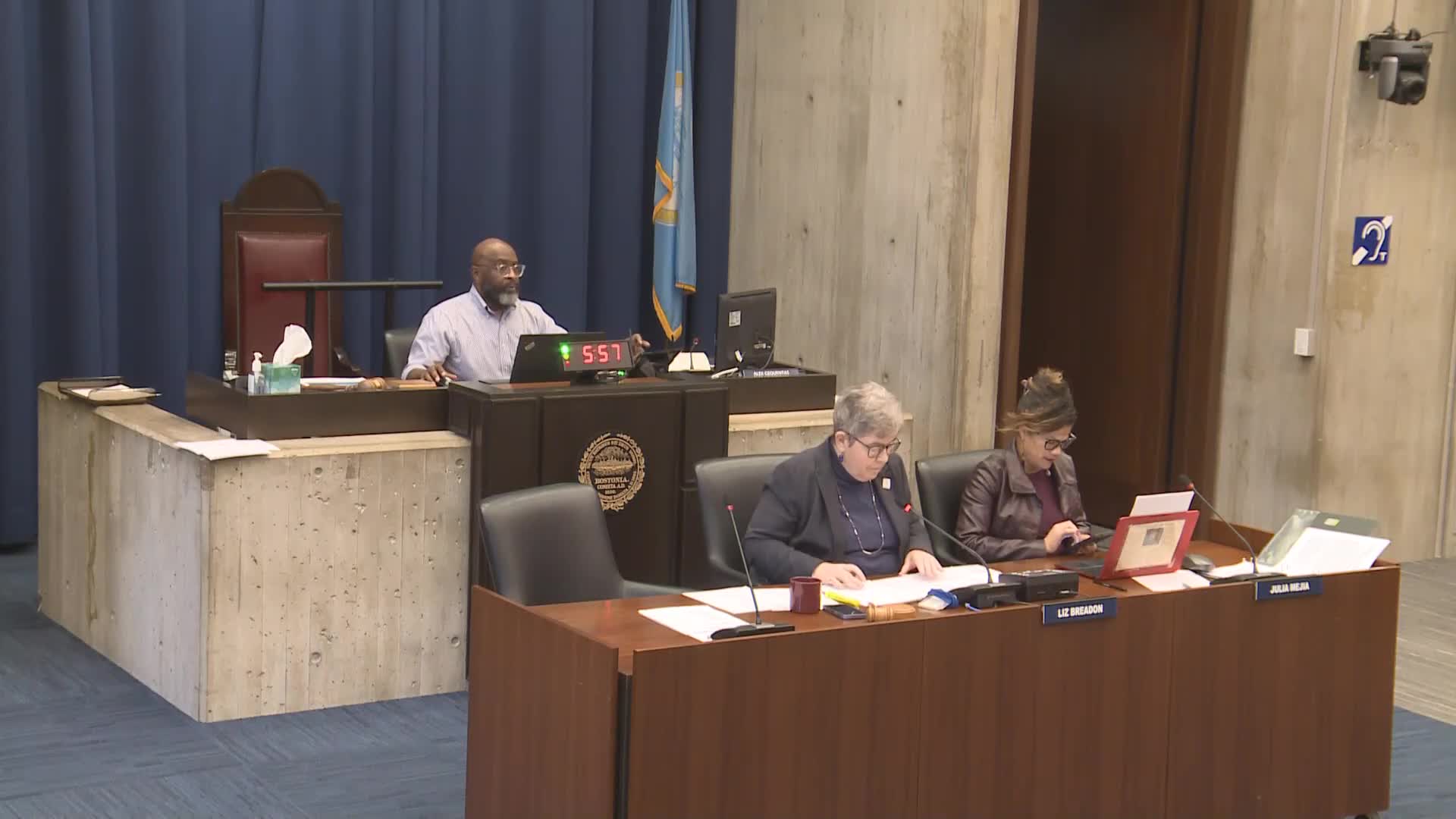Father Martin cooperative asks city for loan restructuring as carrying charges rise
Get AI-powered insights, summaries, and transcripts
Subscribe
Summary
Members of Father Martin Homes, a limited-equity cooperative in South Boston, told the City Council committee that decades-old loan terms, rising carrying charges and an estimated multi-million-dollar capital needs list threaten the cooperative’s long-term affordability and asked the city for flexible relief and supports.
Residents and board members of Father Martin Homes told the committee on Oct. 9 that a combination of legacy loans, annual carrying-charge increases and large projected capital needs have put the cooperative under financial stress and that city assistance will be required to preserve long-term affordability.
Bailey Naiokis, president of the Father Martin board, told the committee the development "was 1 of several cooperatives created to give working and low and middle income residents path to homeownership, stability, and community control while keeping housing permanently affordable." Katie Narduzzo, the coop treasurer, said a capital-needs assessment identified more than $4,000,000 in required repairs and replacements over the next 20 years.
What residents said and asked Resident board members described multiple, overlapping loans on the property that shifted to the cooperative after tax-credit investors exited; the cooperative has repaid principal on at least one loan and the city had allowed a freeze of carrying-charge increases for 2025 while options are explored. Narduzzo told the committee that a financial plan previously adopted required 7.25% annual carrying-charge increases until the property reached limits set by tax-credit regulations; the board said that formula is unaffordable for many older or fixed-income residents.
Residents asked the committee and the administration for several forms of help: restructuring or forgiveness of city-held loans where lawful and feasible; targeted grants or voucher assistance for the lowest-income households to keep monthly carrying costs affordable; translation and technical-assistance resources to help the cooperative complete capital financing and governance work; and clearer city communication on the exact terms and amounts of outstanding loans.
Conflicting figures on outstanding debt During questions, administration staff and cooperative representatives gave different figures for current indebtedness. City staff during the hearing reported a city loan balance of $636,000 and described a no‑interest loan scheduled to mature in 2044; cooperative representatives and their consultant later referenced multiple loans and a larger figure — roughly $7.5 million — as an outstanding obligation connected to the property’s original financing structure. The cooperative asked the committee to treat those numbers as unresolved in the public record until the city and the coop complete documentation review and reconciliation.
Administration response Sheila Dillon and other MOH staff said they are willing to discuss loan restructuring when there is clear documentation of needs and resident capacity to pay; officials repeated that the city has previously restructured loans and will engage with the cooperative on options. Staff also said voucher or subsidy strategies could be pursued but signaled that vouchers are limited and competitive.
Why this matters Father Martin Homes is one of several resident-controlled homeownership cooperatives formed under older affordable-finance models. Cooperative representatives told the committee the residents include long-term workers and retirees and that preserving affordability is a city interest as well as a resident interest. Without workable capital financing and adjusted loan terms, the residents warned, the cooperative’s carrying charges and deferred capital needs could become unsustainable.
Next steps Cooperative board members said they are working with a consultant and city staff; the committee requested that the mayor’s housing office and the cooperative provide reconciled loan documents, an updated capital plan, and a set of concrete restructuring or assistance options for the council to review.
